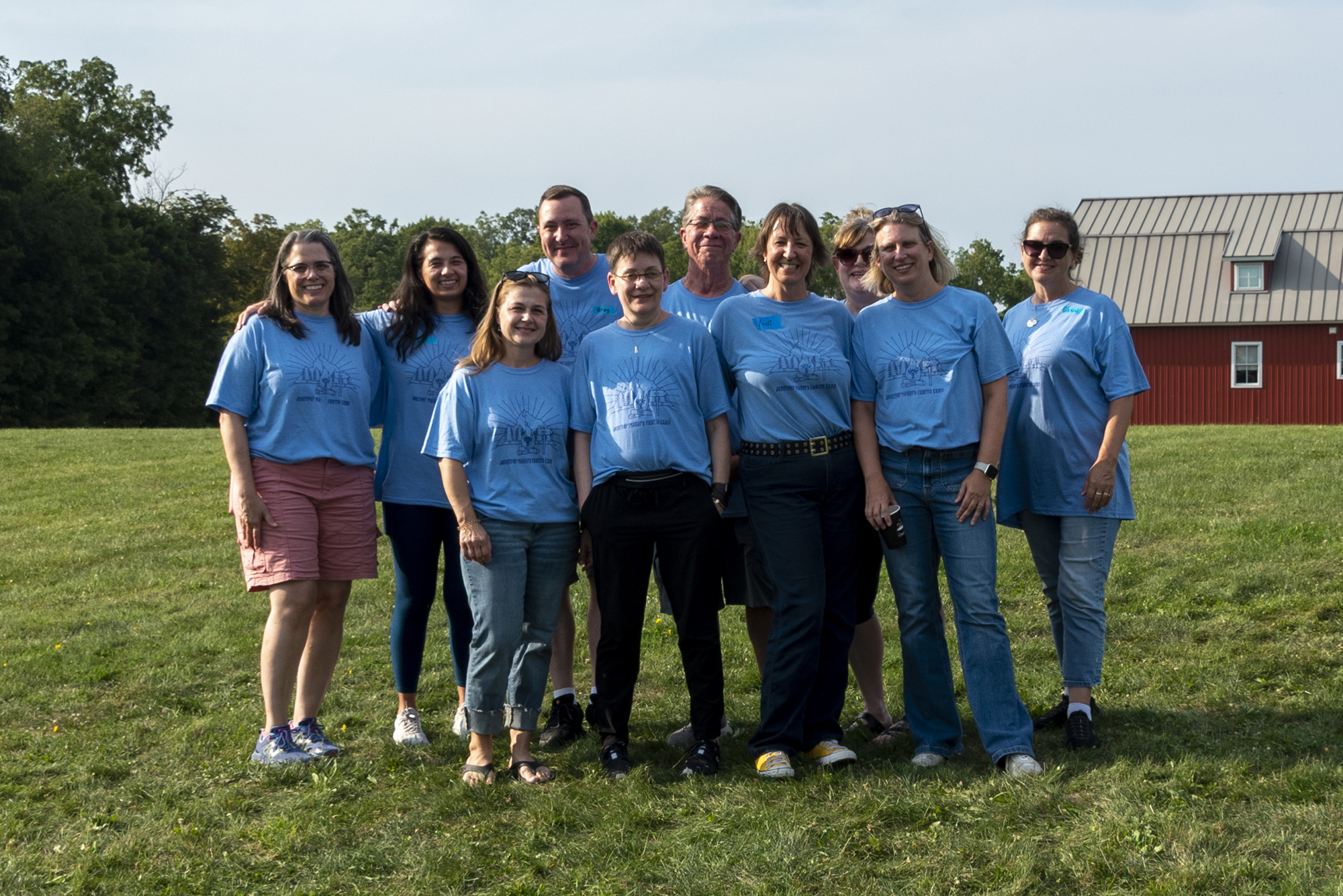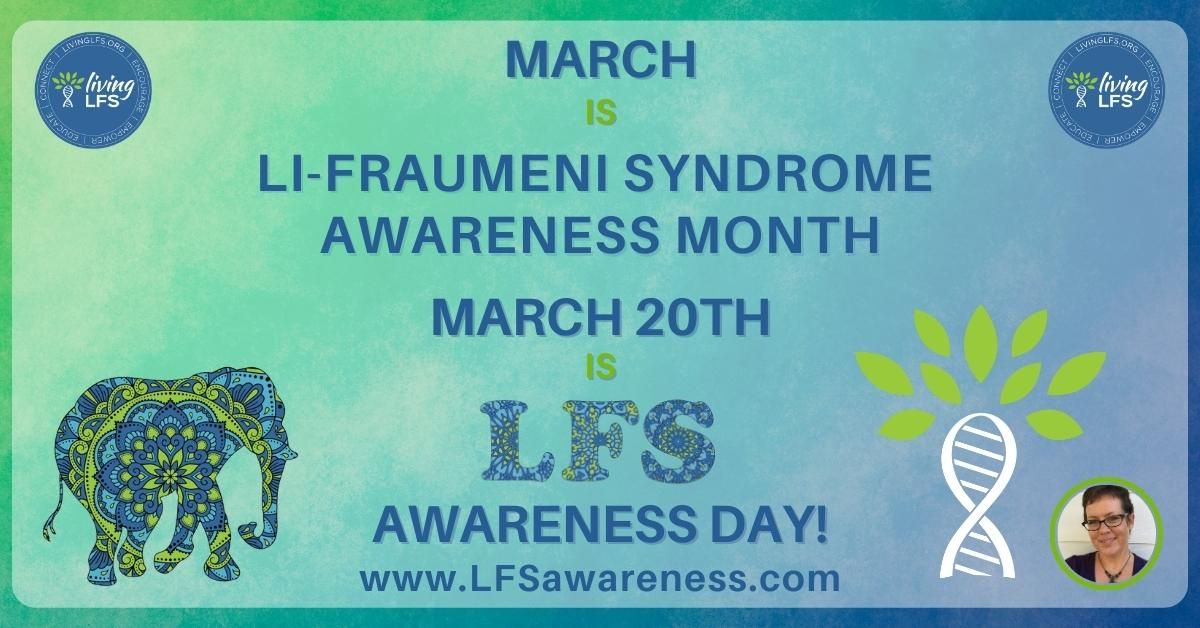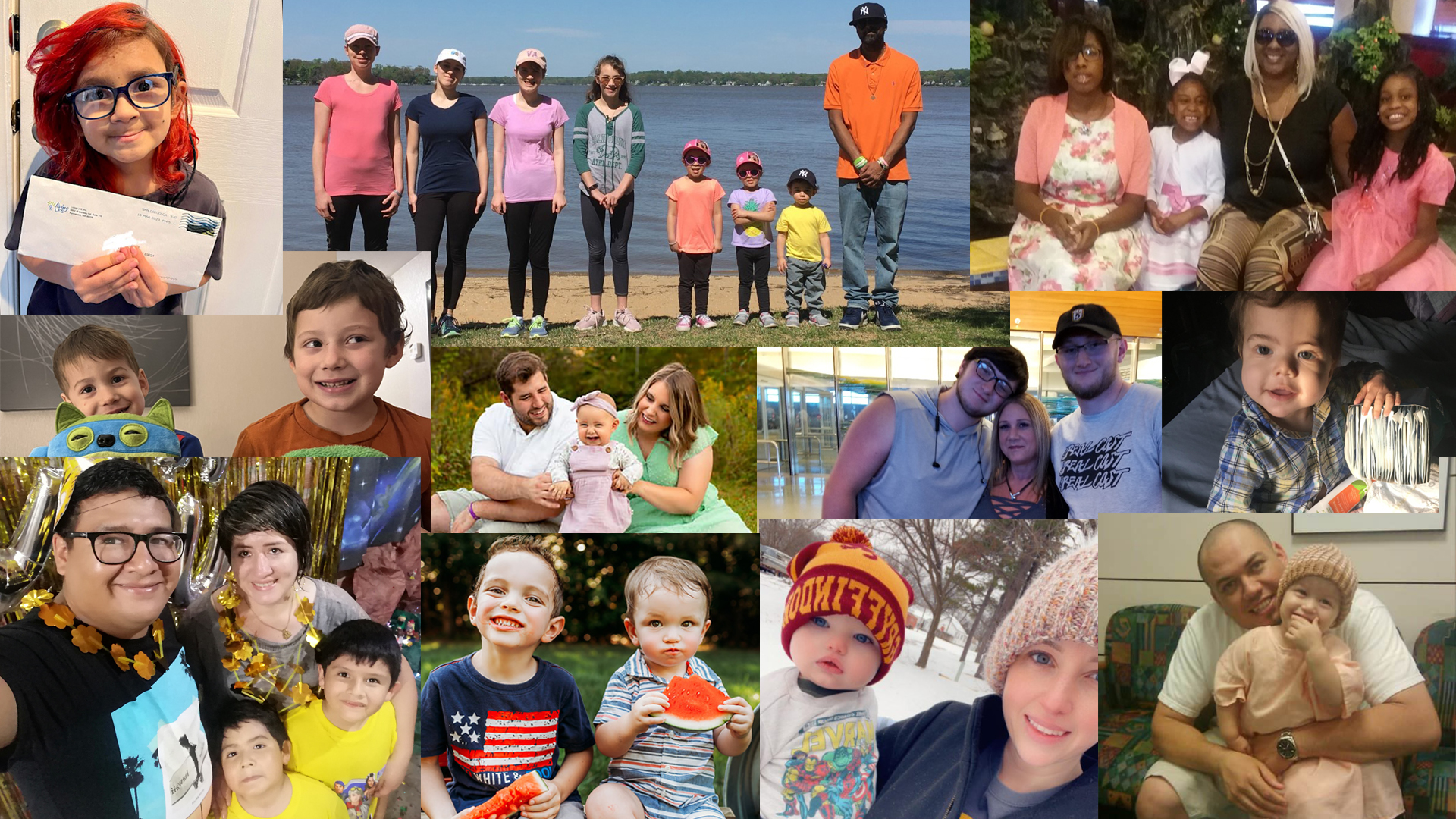Video credit: CTV Toronto: Sick Kids Cancer genetics Program
At age 3, now 14 year old Alaya was diagnosed with Leukemia. 10 years later, she again faced a second battle with leukemia and a second bone marrow transplant from her brother Jayke. Genetic testing through the Sick Kids Cancer Genetics Program in Toronto revealed she had a mutation in the TP53 tumor suppressor gene, Li-Fraumeni Syndrome. Alaya is now using her experiences to help raise awareness for LFS and advocate for regular screenings which helped her catch suspicious nodules in her thyroid and osteosarcoma spots in her ribs.
Screening for hereditary cancer syndromes like Li-Fraumeni Syndrome is very important. With rare conditions like LFS, it can also be difficult to set a protocol. Dr. David Malkin and his team of Sick Kids Hospital in Toronto recently published an article in the Lancet Journal that estimates those with TP53 mutations who undergo regular monitoring have a much better survival rate than those who do not have screening. At 5 years, 90% of those who are followed closely are still alive versus 60% who did not undergo screening.
In 2004, the surveillance program for Li-Fraumeni patients was developed at Sick Kids Hospital and has been adopted around the world. Patients affectionately refer to it as "the Toronto Protocol". The protocol involves regular cancer screening that includes blood tests every three months, ultrasound scans of the abdomen and pelvis every three to four months, and whole-body and brain-dedicated MRIs once a year. Colonoscopies and breast imaging are also added as patients become adults, but begin earlier than screening of the general population.
For many LFS families world wide, there is a struggle to get screening that could help catch tumors at an earlier, treatable stage. We are so grateful to the many researchers and doctors like Dr. Malkin, who work tirelessly to design, study and help us live LFS better though proactive screening and continuous care.


